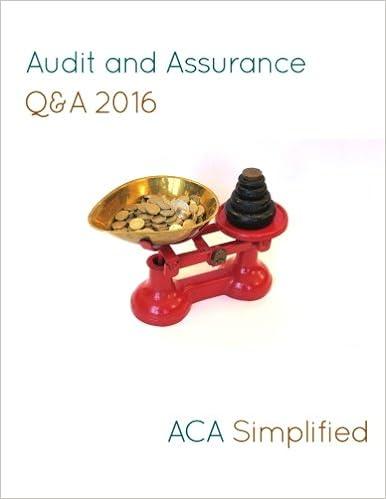Question
I need help with microm inc case study Case study - Macrom Inc. Principal Problem Agent-Making the contract to the manager of the company Principal-Agent
I need help with microm inc case study Case study - Macrom Inc. Principal Problem Agent-Making the contract to the manager of the company Principal-Agent Problem The shareholders (Principal) of the company hire a manager (Agent) to manage his company and for this he has to pay a fixed salary. The shareholders, owners of the company, want to maximize the value of the shares, but they cannot observe / monitor / control the actions carried out by the manager, so there is a possibility that this one incurs moral hazard This leads the shareholders to design a contract where they can hire a manager at the same time that this puts the maximum effort to achieve the objective of the company. The contract must include what is called the participation restriction and the incentive restriction. The first is that the agent works for the principal and the second that the agent works for the interests of the principal The company must hire a manager knowing that he faces a good times situation with 50% probability and bad times with a 50% probability. The economic benefits will also be influenced by the agent's dedication to the objectives of the shareholders. This dedication can include a high effort (e = 1) and a low effort (e = 0 The following table (in millions of US dollars) shows the results of economic benefits for good times and bad times and according to the effort put by the manager? Bad time(50%) Good time (50%) e=0 10 20 e=1 20 40 Draw up the proposal that the company will make to the management candidate including the participation restriction and the incentive restriction. Note: Assume the cost of the low stress is zero (c (e = 0) = 0) and the cost of the high stress is c (e = 1) = $ 100,000. Assume also that the best alternative for the manager candidate is $ 99,000 a year with e = 0. The idea here is to launch a job proposal to the manager where participation is guaranteed [if this is the only thing that is most likely the manager does not strive and does not achieve the company's objectives] and ensure an incentive to the effort 1-If only guaranteed participation that salary should be proposed? 2- If it is guaranteed participation and incentive what salary should be proposed? Let's look at 1) If the company makes a proposal of $ 100,000 a year (greater than $ 99,000). The manager accepts the proposal but has to weigh whether or not he strives No effort = 100,000-0 = 100,000 Effort = 100,000-100,000 = 0 [effort has a cost] Then the manager decides "no effort" How is the company that has only guaranteed participation [e = 0]? (10-0.1) * 0.5 + (20-0.1) * 0.5 = 14.9 [company profits] In parenthesis is the profit in millions of the company less what one has to pay of salary multiplied by the possibility that exists bad or good times. I leave them 2) NOta: 0.1 is the salary of the manager in millions of dollars The company raises a salary of 100,000 a year, if a profit is achieved for the company of 10 or 20. -The company raises a salary of 500,000 a year, if a profit is achieved for the company of 40. Who decides the manager strives or not? How is the company?
Step by Step Solution
There are 3 Steps involved in it
Step: 1

Get Instant Access to Expert-Tailored Solutions
See step-by-step solutions with expert insights and AI powered tools for academic success
Step: 2

Step: 3

Ace Your Homework with AI
Get the answers you need in no time with our AI-driven, step-by-step assistance
Get Started


